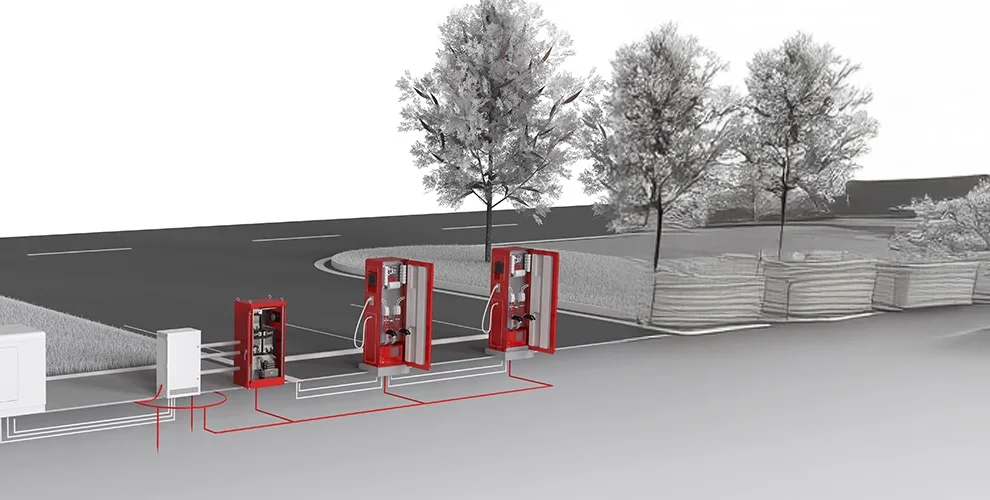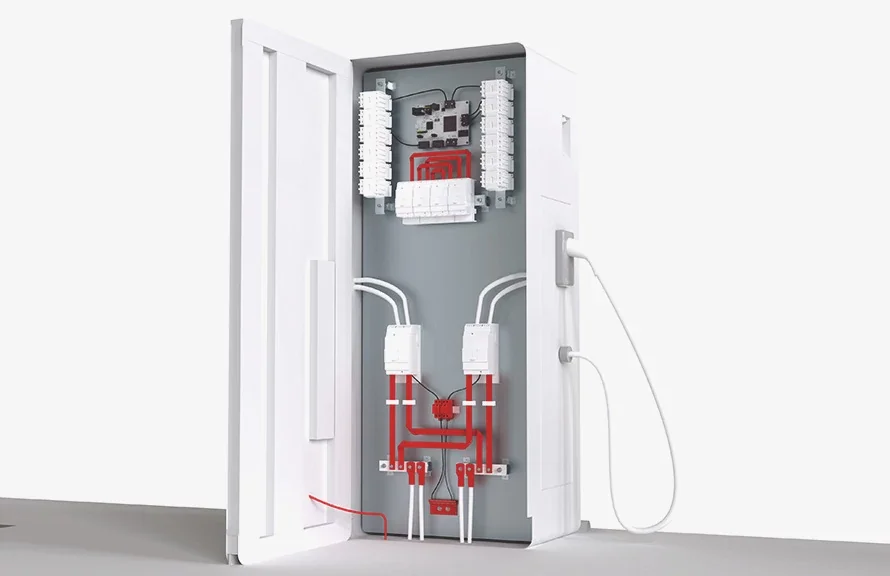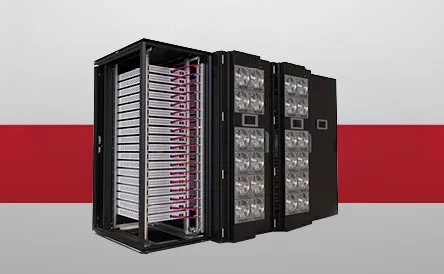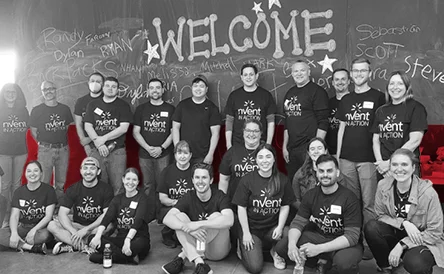The Rise of Megawatt Charger Systems in E-Mobility
The global shift toward electrification is transforming transportation. Megawatt charging systems (MCSs), also known as mega chargers, are high-powered electric vehicle (EV) charging systems designed to charge heavy-duty EVs. Unlike standard EV chargers delivering 50-350 kilowatts of power, an MCS can deliver up to 1 megawatt or more—up to 20 times the power. In Europe, public mega charger installations have had rapid adoption with a growth rate of nearly 55%. To support the next generation of electric mobility, mega chargers are reshaping infrastructure, technology and energy systems.
We have seen an evolution of high-power charging moving to mega charging. Not only do mega chargers have a new plug shape to support heavy duty vehicles, but they also deliver a lot more power which is required by heavy duty vehicles. Mega charging stations are also microgrids that generate, store and distribute energy. This makes them resilient to high demand spikes and can help the spikes be completely invisible to the grid.
In the 2010s, when EVs were a newer technology, EV charging systems were relatively centralized with each charger housed in a self-contained unit. These units were designed to be standalone units and were often bulky. These chargers were not user-friendly or optimized for modern needs. The industry recognized the need for higher efficiency and user-friendliness. These needs have led to the emergence of distributed charging architecture.
Distributed charging architecture splits a high-power charging station into several small power ports, known as dispensers. MCSs use this distributed approach by using multiports at a megawatt station. This shift enhances customer experience, enables faster deployment and reduces footprint. nVent solutions support this evolution with a comprehensive portfolio of solutions from rooftop solar panel supports to advanced electrical enclosures and flexible power conductors.
Battery energy storage systems (BESS) play a critical role in the EV charging market. During peak shaving, also known as demand charge management, BESS provide stored energy to supply electrical systems during times of peak demand to keep costs down and improve power reliability. This process not only saves money but also increases grid power quality and efficiency.
MCSs are an emerging technology bringing many opportunities to the industry. We can expect to see these systems transform the landscape of EV charging. MCSs have the same key components as EV charging stations but with higher charging power for heavy-duty vehicles and better reliability.
The emerging market continues to request new infrastructure and innovative solutions. At nVent, we specialize in MCS and microgrid solutions including renewables and energy storage. Due to our extensive and comprehensive product range that brings together reliability and safety, we can leverage our ready-to-use solutions that reduce cost and space. Our e-mobility solutions are designed to support energy generation and storage, enable peak shaving and enhance grid resilience.
Learn more about our offerings: E-Mobility | nVent





